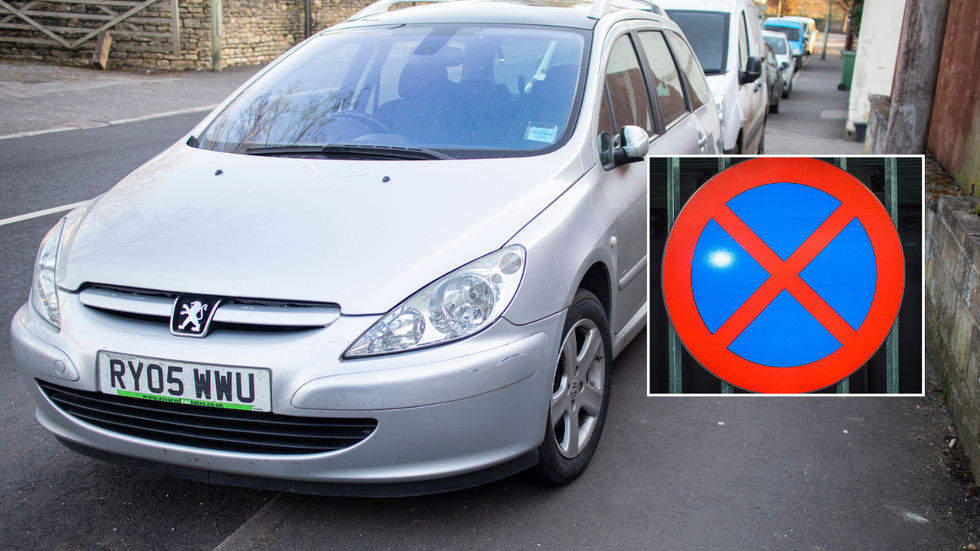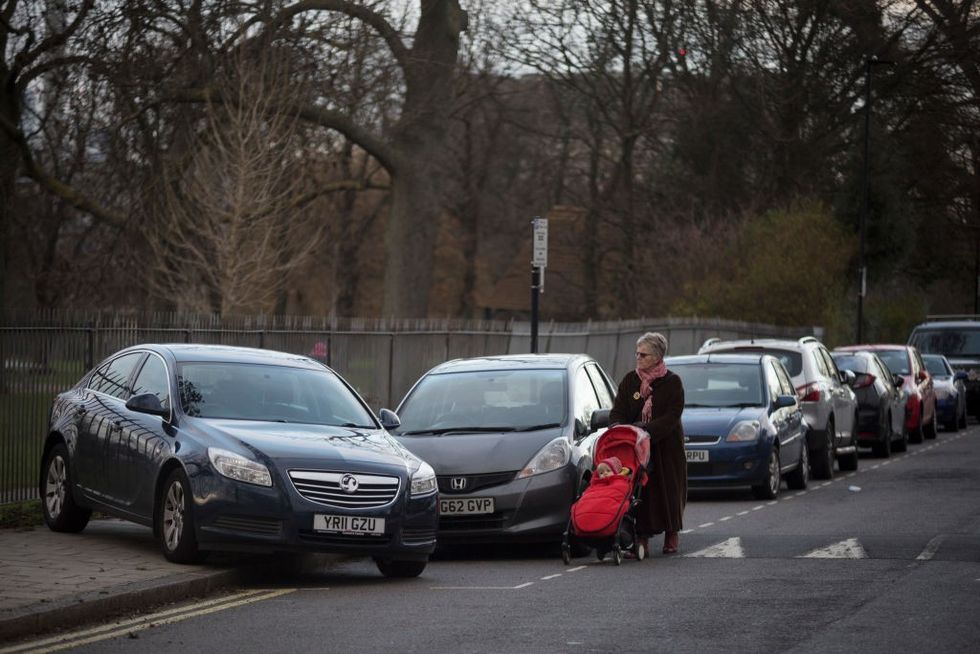Motorists to see new 'day-to-day' restrictions introduced for first time under new proposals

The Department for Infrastructure has proposed three parking restrictions for drivers in Northern Ireland
Don't Miss
Most Read
Latest
Motorists across a major UK constituent country have been warned they could face new driving restrictions for the first time after new proposals came to light.
The Department for Infrastructure in Northern Ireland has revealed it is currently considering plans to introduce pavement parking.
The new measures follow an announcement from Infrastructure Minister Liz Kimmins about forthcoming legislation targeting problematic pavement parking.
The Minister revealed plans to implement three distinct parking prohibitions that have never before applied across the region, marking a significant shift in how drivers must navigate urban areas.
TRENDING
Stories
Videos
Your Say
These measures represent the Government's response to mounting concerns about obstructed pavements and the safety risks posed to vulnerable pedestrians.
The new rules will apply universally across Northern Ireland, affecting every driver in the region once the necessary secondary legislation passes.
Officials at the Department for Infrastructure revealed they will now begin developing the legal framework required to enforce these restrictions, which aim to address what authorities describe as inconsiderate parking behaviour.
Under the proposals, drivers will no longer be permitted to position their vehicles entirely on pavements with all four wheels off the road.

The Department for Infrastructure plans to prohibit three types of parking
| GETTY/PAThe legislation will also make it illegal to obstruct dropped kerbs designed for pedestrian access, addressing a longstanding accessibility issue.
Additionally, the practice of double parking —leaving a vehicle alongside another already parked car —will be prohibited throughout the region.
These restrictions go beyond existing regulations that currently prevent footway parking only in specific locations such as bus lanes, bus stops, mandatory cycle lanes, and designated school keep clear zones.
The comprehensive nature of these new measures means drivers will need to reconsider their parking habits in residential streets, shopping areas and other locations where pavement parking has previously been commonplace.
LATEST DEVELOPMENTS

The Infrastructure Minister plans to launch a consultation on the pavement parking ban
| GETTYMinister Kimmins warned that numerous motorists remain unaware of how their parking choices affect others when their vehicles obstruct footpaths.
"A vehicle parked fully on a pavement creates serious and often dangerous barriers for pedestrians, forcing people to step out onto the road into oncoming traffic," the Minister stated.
She highlighted how obstructions present particular dangers for individuals with disabilities, elderly residents, young children and parents manoeuvring pushchairs.
The Minister stressed that pavement parking has significant negative effects across numerous communities in Northern Ireland.
Terry McCorry, who chairs the Inclusive Mobility and Transport Advisory Committee, praised the Minister's announcement as addressing obstacles that hinder disabled individuals from completing routine trips.
"Inconsiderate parking on the pavement and the blocking of dropped kerbs create hazards for disabled people and others that prevent us from making day-to-day journeys," Mr McCorry stated.
The chairperson described the newly announced modifications as representing substantial progress in confronting these problems.
Mr McCorry indicated that the committee would continue its collaboration with the minister to determine additional measures to eliminate what he characterised as anti-social conduct.
 Pavement parking is currently illegal in London and across Scotland | GETTY
Pavement parking is currently illegal in London and across Scotland | GETTYThe committee's endorsement reflects broader support from disability advocacy groups, who have long campaigned for stronger enforcement against pavement parking that restricts accessibility.
The Minister noted that her department had previously explored multiple strategies to combat problematic pavement parking before settling on comprehensive legislation.
"I would once again remind all drivers of the importance of parking responsibly and legally, and to consider the potential negative impact of their actions on other roads, footways, and cycle lane users," Ms Kimmins stated.
The announcement follows a public consultation process, and subsequent findings report that examined various approaches to the issue.
Department officials will now proceed with drafting the secondary legislation necessary to bring these prohibitions into force, though no timeline for implementation has been specified.











